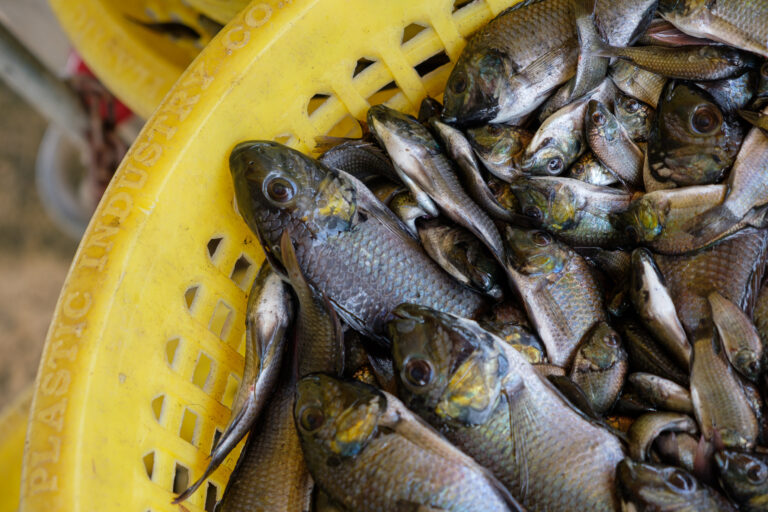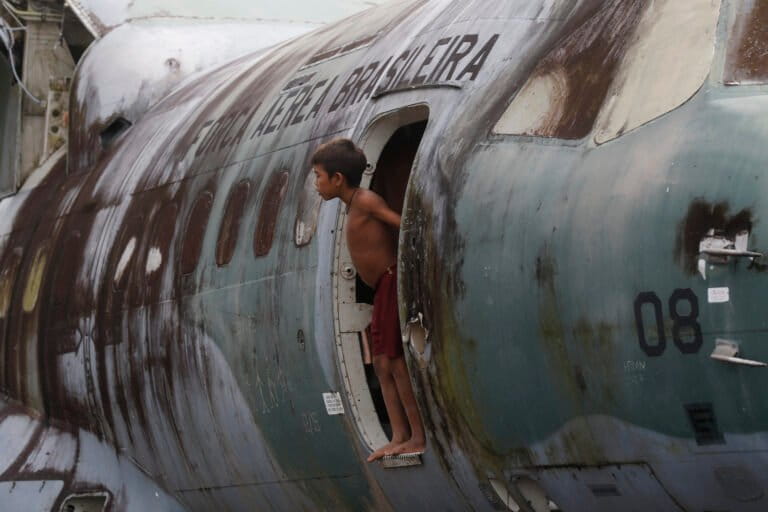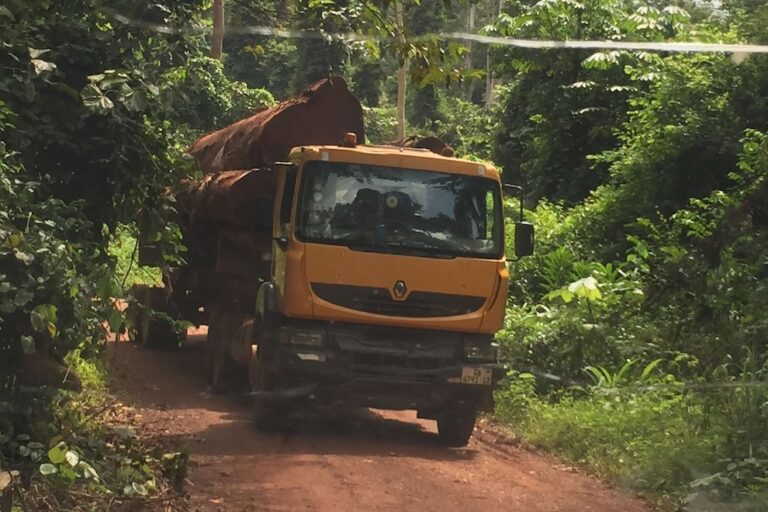Vietnam’s border guard command has seized more than 7 metric tons of rare wildlife body parts from two wooden fishing boats moving goods from Indonesia to the southern Vietnamese province of Vinh Long.
The boats were found on Oct. 3 and contained 4.2 metric tons of suspected pangolin scales, nearly 1.6 metric tons of fish skin, 150 python skins, 2.3 kilograms (5 pounds) of fish gills, and 39 bird beaks, among other rare items such as teeth, bones and hides, Tuổi Trẻ News reported.
The two individuals operating the boats, Vietnamese citizen Pham Van Hoan and an Indonesian citizen identified as Syamsadi, did not have documents or invoices to prove the legal origin of the products, nor documentation for the vessels.
Vincent Nijman, a researcher who leads the Oxford Wildlife Trade Research Group at Oxford Brookes University, U.K, told Mongabay in a video call that the 39 bird beaks belong to critically endangered helmeted hornbills (Rhinoplax vigil), a rare species that lives in large trees in the rainforests of Borneo, Sumatra and Peninsular Malaysia.

Nijman estimated that the amount of pangolin scales would have required killing and skinning approximately 12,000 pangolins. He said these came from the Sunda pangolin (Manis javanica), a species also listed as critically endangered.
“If you manage to get 12,000 pangolins killed and skinned, if you get 39 beheaded hornbills, if you get 1.6 tons of fish skin — if you can get all those things collected together, that means you are a big player,” Nijman said. “It’s industrial size, commercial, illegal trafficking. Organized crime, guaranteed.”
Nijman also said the gills may be from manta rays (genus Mobula) while the fish skins could be sourced from hammerhead sharks (family Sphyrnidae). Those items aren’t byproducts of subsistence hunting, he said, but are considered luxury goods. “It’s pure and simple: only money, luxury. That’s it.”
A recent report by the Environment Investigation Agency (EIA) shows Vietnam remains a main regional hub for criminal networks trafficking in wildlife, despite significant progress in combatting wildlife crime over the last three years.
International trade in all pangolin species is completely banned under CITES, the global wildlife trade convention, which confers the highest level of protection to pangolins.
Vietnam strictly prohibits hunting and trade of wildlife, with prison sentences of up to 15 years or a fine of 2 billion dong ($76,000) for offenses involving endangered and rare species.
“We hope that they will continue with the process of properly prosecuting them, investigating it and trying to figure out who is behind it,” Nijman said. “It’s unlikely that the two people that were arrested … were the only people involved.”
Banner image: Contraband goods seized by the border guard in Vinh Long province, southern Vietnam. Image courtesy of Xuan Loc/Tuổi Trẻ.














